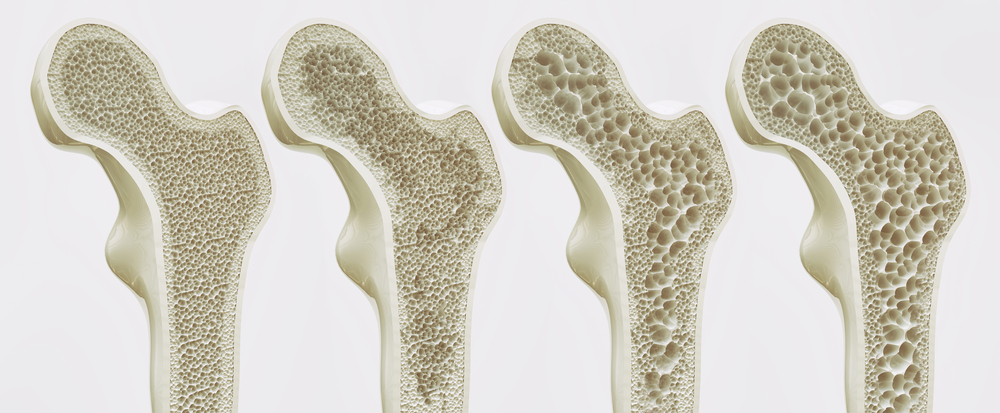This is the tenth and final blog in a new series discussing pathologies that can be found in seniors. The tenth blog will focus on pancreatic ductal adenocarcinoma.
Pancreatic ductal adenocarcinoma is an invasive pancreatic epithelial malignant neoplasm with glandular differentiation. It is the 4th leading cause of cancer-related deaths in the USA. 60-70% of cases are found in the head of the pancreas. Meanwhile, 5-15% occur in the body and 10-15% are found in the tail.
Risk factors for pancreatic ductal adenocarcinoma include smoking, alcohol abuse, obesity, chronic pancreatitis, and diabetes. Pancreatic ductal adenocarcinoma is associated with mutations in oncogenes and tumour suppressor genes. Oncogenes are genes that have the potential to cause cancer when changed or overexpressed.
There are five architectural patterns of pancreatic ductal adenocarcinoma. These include glandular, isolated or individual tumour cells, nests or clusters of tumour cells, perineural invasion (invasion into or around nerves), and vascular invasion (invasion into or around blood vessels). Under the microscope, pancreatic ductal adenocarcinomas can be identified since they contain irregular nuclear membranes, a foamy cytoplasm, and signet ring cells.
Pancreatic ductal adenocarcinomas can be classified as either T1, T2, or T3 and N0, N1, or N2. T1 tumours are less than or equal to 2.0 cm, T2 tumours are greater than 2 cm but less than or equal to 4 cm, and T3 tumours are greater than 4 cm. Meanwhile, N0 tumours have no nodes, N1 tumour have 1 to 3 nodes, and N2 tumours have 4 or more nodes.
Love them without losing yourself. The Boom Health app helps you manage your loved one’s home care in one app. Download the app from the App Store or Google Play Store.
This article is not intended to be a substitute for professional medical advice or diagnosis. Always seek the advice of your physician or another qualified health provider with any questions you may have regarding a medical condition.





